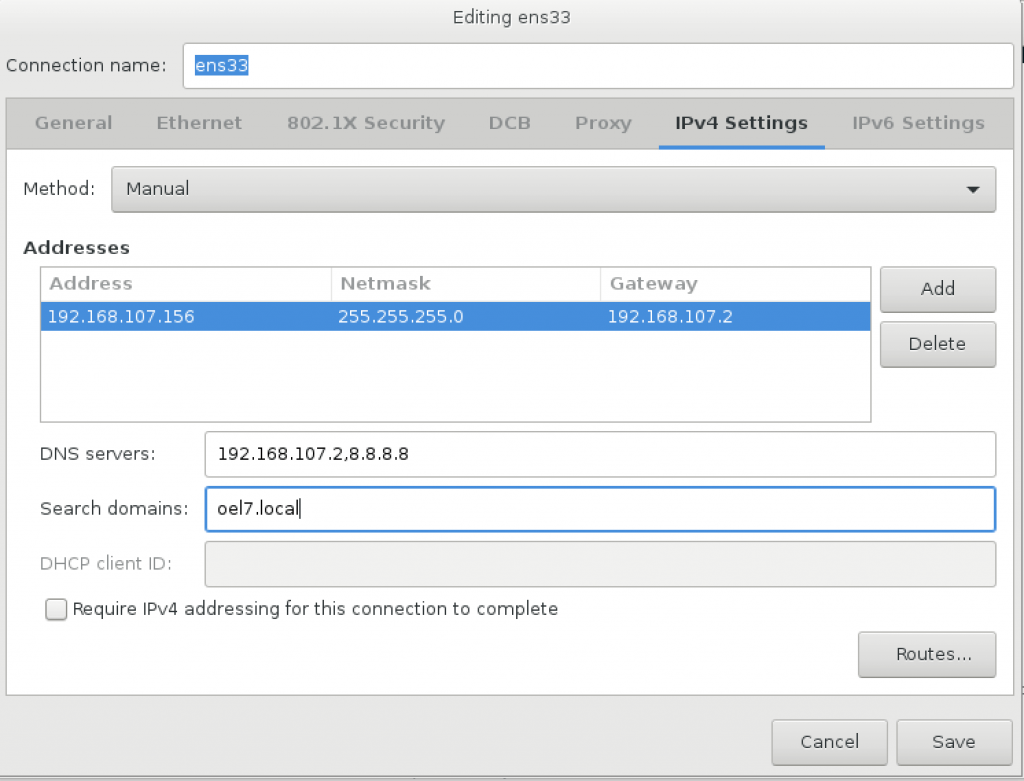

Installing pip on CentOS 7 for Python 2.x On a fresh Debian/Ubuntu install, the package may not be found until you do: sudo apt-get update Run the following command from a terminal: sudo apt-get install python3-pip Installing on Debian (Wheezy and newer) and Ubuntu (Trusty Tahr and newer) for Python 3.x Run the following command from a terminal: sudo apt-get install python-pip Installing on Debian (Wheezy and newer) and Ubuntu (Trusty Tahr and newer) for Python 2.x Instructions for some of the more common distros follow.

You can usually install the package for pip through your package manager if your version of Python is older than 2.7.9 or 3.4, or if your system did not include it for whatever reason. If you're running Python 2.7.9+ or Python 3.4+Ĭongrats, you should already have pip installed. Add all the required packages name with their version with a properly formatted file like requirements.txt file and execute the following command: pip install -r requirements.Edit: Manual installation and use of setuptools is not the standard process anymore. Pip can also take the input from a file for the number of packages to install for a specific application. pip install package-nameĪlso, you can easily remove the package: pip uninstall package-name Pip uses the following command to install any packages on your system. Pip provides a simple command to install or uninstall packages on your system. pip -help Step 3 – Installing Packages with PIP pip -V pip3 -V # For specific python version

On Ubuntu/Debian Linux – The default apt repositories contains Pip packages for the installation.You can choose any one method based on your operating system. There are several methods available for the Pip installation on any Linux system. Also includes basis commands to work with Pip on your system. In this tutorial, you will learn to install Pip on your Linux based system.


 0 kommentar(er)
0 kommentar(er)
